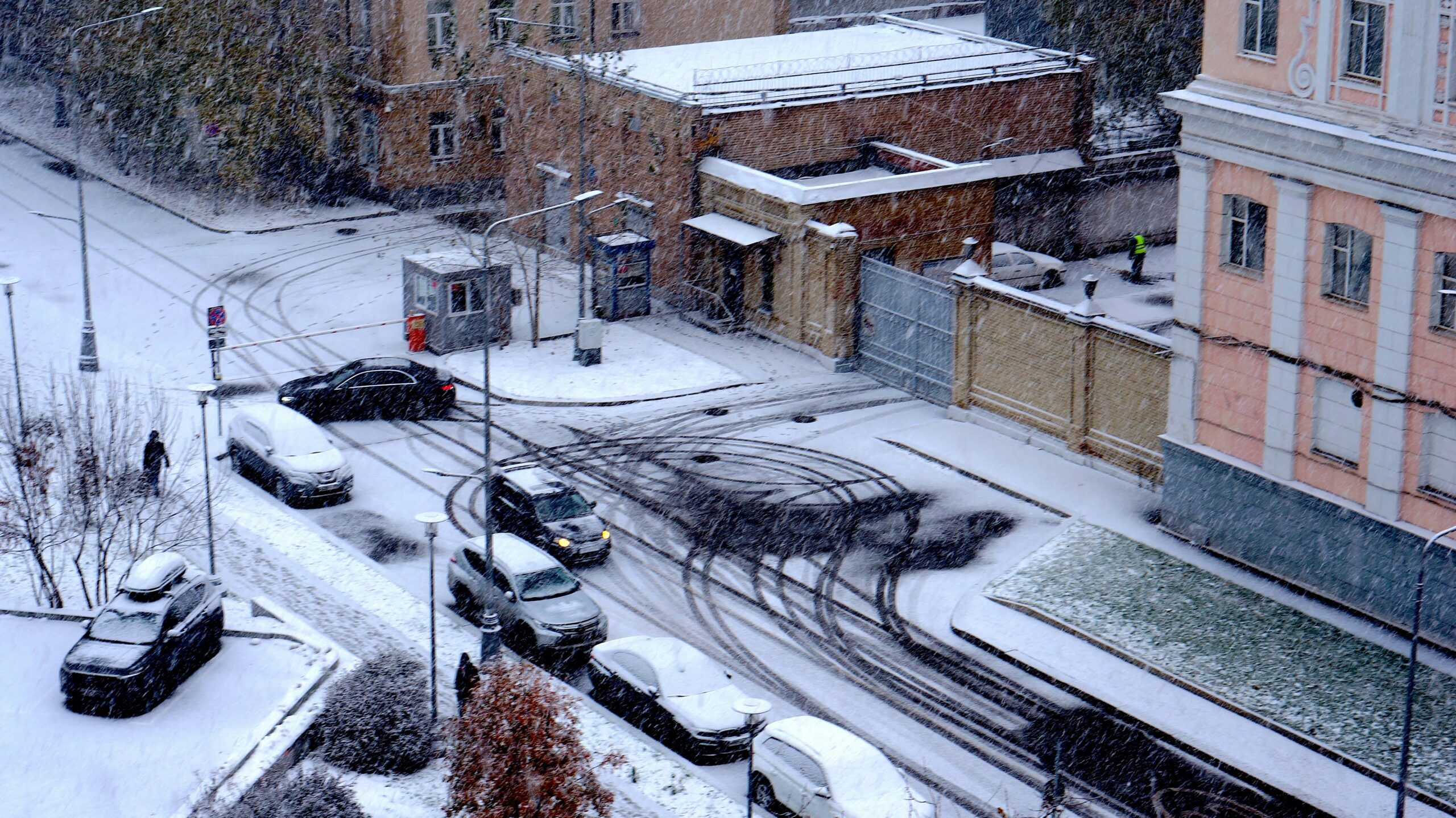How to Talk to Your Family About Climate Change
By Emma Young
November 18, 2018
As a biologist and science communicator, I sometimes have friends and relatives ask for advice on defending scientific topics to skeptical groups, especially climate change. In an era where misinformation runs rampant, this is a desire that is perhaps as admirable as it is foolhardy; on social media, the trolls and the actual skeptics can be difficult to distinguish. But as we gear up for the holiday season, the opportunity to rub elbows with our extended family can create a rare chance to have a face-to-face conversation about some big issues, and climate change should be at the top of the list.
Am I suggesting that you antagonize your relatives between servings of stuffing and pie? Certainly not. But as dire climate reports are made with ever-increasing frequency, it is critical that we talk about climate, climate change, and the importance of trusting science with the people in our lives. Believers or skeptics, we are all in this boat together. Although it is not possible for me to address every single skeptic’s argument in this short post, I hope that I can provide some definitions and suggestions below to help get you started.
First and foremost, I would recommend reading this article from the Scientific American—it does a great job summarizing some of the main arguments regarding climate change, from the role of the sun and CO2 to conspiracies and global cooling. The article is actually part of a larger special issue called “The Science Behind the Debates,” which includes multiple articles on vaccines, gun control, evolution, and more; if you have any contrarians in your life, I would highly recommend grabbing a copy of the digital issue.
Weather Versus Climate
A major aspect of the climate debate that often pops up in the news is the weather. Senator James Inhofe (R-Oklahoma) famously brought a snowball out onto the floor of the US Senate as evidence against climate change, but he is certainly not the only one to use weather to “explain” climate.
As such, before one can begin discussing climate change, it is critical to understand the distinction between the two terms. “Weather” indicates short-term trends; hourly, daily, or weekly weather updates, for example, help you figure out what to wear to work on a given day, if you need to bring an umbrella, or if that birthday party at the neighborhood pool is going to get canceled. But as many people from temperate climates can attest, there can be quite a lot of variation between morning and evening, or between days and weeks in the same season. Thus, if you are going on a long trip, you would most likely depend on “climate” to decide what to pack—these longer-term trends can tell you what to expect at a given location at a certain time of year.
Just as a starving person can come across a meal, or a chronically ill person can experience a day of mild symptoms, so, too, can temperate climates produce snow despite rising global temperatures. It is not just specific things like snow, either; climate change will also shift things like rainfall, plant growth, and even animal migration and breeding patterns, and we are already seeing it happen. As the planet’s climate changes, weather and all sorts of other ecological patterns will depart from their former norms, and if we have average weather next week it does not mean that broader changes are not already underway.
Global Warming Versus Climate Change
Another important distinction should be made between the terms “global warming” and “climate change.” They are often used interchangeably in the media, and skeptics (including our own president, albeit before he ran for office) have used this interchange to imply that scientists have quietly stopped using the term “global warming”, either because warming is not occurring, or because the term “climate change” is more a frightening phrase. However, “climate change” has been in use longer, at least as far back as 1956, and has always been favored by the scientific community.
But more importantly, the two terms mean different things. “Global warming” refers specifically to rising global temperatures, while “climate change” refers to the entire climate. As I explained in the previous section, this refers to a host of factors, temperature and precipitation among them, but also things like the frequency and severity of droughts and storms. When scientists talk about climate change, they are not just talking about a warmer world, but one where severe droughts and strong hurricanes become increasingly common. There are many other downstream effects that are of extreme concern to human health and safety; wildfires, sea level rise, food shortages, and displaced people are all possibilities.
Mistrust of Science in the Media
In the United States there is a segment of the population that does not trust or believe science and scientists in the media. If you are conversing with a climate change skeptic, it is likely that they are a member of this group, as science has repeatedly and overwhelmingly agreed that climate change is occurring.
In the link I included above, 928 sources support the same conclusion that climate change is occurring. This agreement takes place across many different years, institutions, funding agencies, and researchers—the sources were selected based on their discussion of the term “climate change” and no other factors (in other words, any sources discussing the topic were included, not just ones supporting the idea of climate change). If a mechanic told you there was something severely wrong with your car, you might get a second opinion. But if you visited hundreds of different mechanics and none of them disagreed with the first, to continue to doubt that your car needed repairs would be considered extremely impractical.
Most respectable news articles will include references to the sources from which they are pulling their science from. If you are discussing distrust of science in the media with a family member, look up a news article. Find the source information and look that up too. See who conducted the work, where their funding came from, et cetera. Sit down with your family and trace the trail of breadcrumbs. Do this with multiple articles if you have to. Let no assumptions go unresearched and see if it changes anyone’s mind.
The Heart of the Issue
Perhaps nothing I have discussed so far will work with the skeptics in your family. Perhaps facts and rationality are unwelcome. In that unfortunate circumstance, you have two remaining options.
If they concede that climate change may be occurring but refuse to believe that it is caused by human activities, try an appeal to practicality. Even if what they say is true and we are just experiencing a natural cycle in our climate, the issues I describe above—droughts and wildfires, stronger storms, displaced people—they will still be issues we have to plan for. We should do everything in our power to stop the process from unfolding, and elect people who share those priorities. It will save lives, protect the economy … the list goes on. And the historic wildfires currently raging in California show that these phenomena will occur very close to home—in fact, they already are.
If they flat out refuse to believe that climate change is occurring, ask them why they hold the views that they do. What are their fears? Many people who are climate change skeptics are simply afraid—it is a scary concept. Open and honest conversation may be the only tool at your disposal, and it deserves a seat at Thanksgiving dinner.








